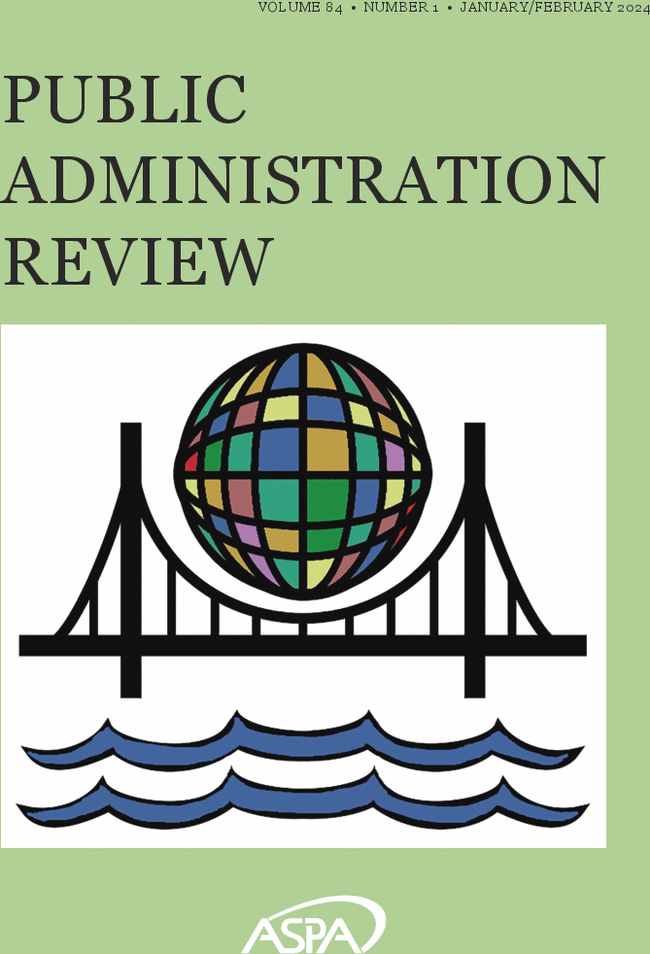数字公共产品和服务从共同生产走向共同化
IF 4.9
1区 管理学
Q1 PUBLIC ADMINISTRATION
引用次数: 0
摘要
数字公域与官僚企业家领导的公共行政机构的混合是一个相对较新的现象,在文献中受到的关注有限。描述这一演变的术语是数字公共产品和服务的 "共同化"。我将 "共同化 "定义为将共享财产、同侪生产和自治融入公共管理。为了探索共同化的民主化潜力,我进行了一项定性研究,比较了法国和西班牙(巴塞罗那)的两个案例研究。我的研究方法包括 44 个半结构式访谈和在线观察,并通过机构工作分析框架进行分析。研究结果强调了在共同治理安排中增强公民权力的五个因素和阻碍公民权力的两个因素。最后,我指出了数字公共产品和服务共同化的理论和实践意义,为实践者和学者,尤其是新公共治理范式的实践者和学者提供了宝贵的见解。本文章由计算机程序翻译,如有差异,请以英文原文为准。
Moving from coproduction to commonization of digital public goods and services
The hybridization of digital commons and public administration institutions led by bureaucratic entrepreneurs is a relatively recent phenomenon that has received limited attention in the literature. The term coined to describe this evolution is the “commonization” of digital public goods and services. I define commonization as the integration of shared property, peer production, and self-governance into public administration. To explore the democratizing potential of commonization, I conducted a qualitative study comparing two case studies in France and Spain (Barcelona). My approach involves 44 semistructured interviews and online observations analyzed through the analytical framework of institutional work. The findings highlight five factors that enhance, and two that hinder, citizen power in co-governance arrangements. In conclusion, I identify the theoretical and practical implications of commonizing digital public goods and services, providing valuable insights for practitioners and scholars, particularly in the New Public Governance paradigm.
求助全文
通过发布文献求助,成功后即可免费获取论文全文。
去求助
来源期刊

Public Administration Review
PUBLIC ADMINISTRATION-
CiteScore
15.10
自引率
10.80%
发文量
130
期刊介绍:
Public Administration Review (PAR), a bi-monthly professional journal, has held its position as the premier outlet for public administration research, theory, and practice for 75 years. Published for the American Society for Public Administration,TM/SM, it uniquely serves both academics and practitioners in the public sector. PAR features articles that identify and analyze current trends, offer a factual basis for decision-making, stimulate discussion, and present leading literature in an easily accessible format. Covering a diverse range of topics and featuring expert book reviews, PAR is both exciting to read and an indispensable resource in the field.
 求助内容:
求助内容: 应助结果提醒方式:
应助结果提醒方式:


